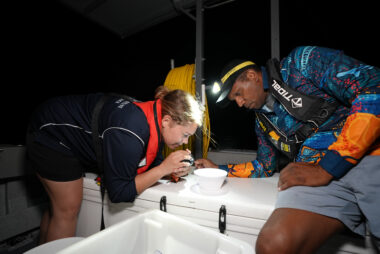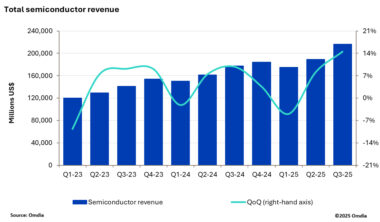It’s World Space Week and a RMIT expert explored this year’s theme ‘Space and Entrepreneurship’ with a discussion on how small-to-medium businesses are beginning to commercialise space.
Topics: commercialising space, nanosatellites, CubeSats, SMEs
Professor Cees Bil, School of Engineering
“We’re seeing more and more small-to-medium enterprises (SMEs) moving into the space industry.
“With miniaturisation and decreasing launch costs, it is now possible for a smaller business to build and launch small satellites, also known as CubeSats, into space.
“These nanosatellites are cost-effective and can be part of a constellation or formation where many nanosatellites collaborate with each other.
“More CubeSats will be developed for other functions other than observation or communication as technology around us advances.
"Smaller businesses might be able to monitor weather, sea levels, forest fires or other environmental parameters.
“We've come such a long way since space was first utilised for commercial purposes in the 1960s. It was initially used for communication satellites for television and telephone and only large enterprises were doing it.
“There are many examples of successful SMEs who have carved a niche for themselves in the space business.
“Australian company SkyKraft Pty Ltd is developing a new space-based service that addresses gaps in aircraft surveillance and communications when travelling across oceanic or remote areas.
“More recently, SpaceX announced the Starlink system, a satellite constellation specifically for internet access.
“With the International Space Station due to retire around 2030, who knows what’s in store next?
“We will need to consider a replacement and other ways to maintain its capability – and regular people will possibly be able to make a small contribution to the replacement of it.”
Professor Cees Bil is an aerospace engineer and an aerospace system design expert at RMIT University. His field of research is transdisciplinary design of complex systems, aerospace vehicle design optimisation and operations.
Contact details:
Interviews: Cees Bil, 0423 300 498 or [email protected]
General media enquiries: RMIT External Affairs and Media, 0439 704 077 or [email protected]


